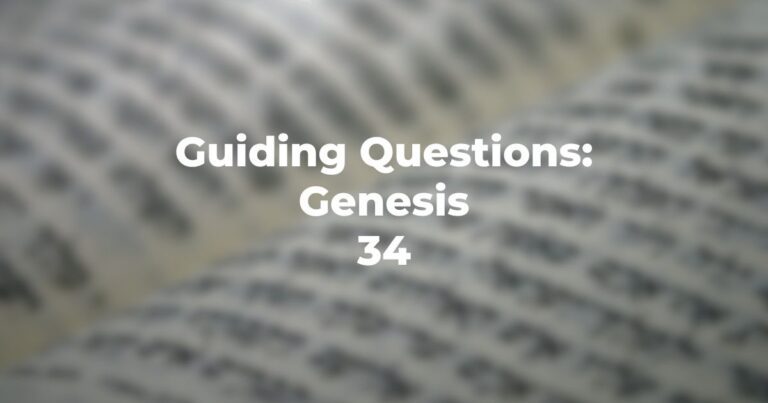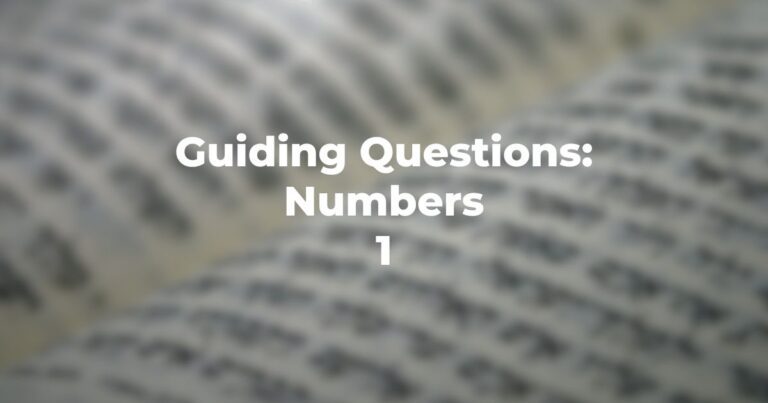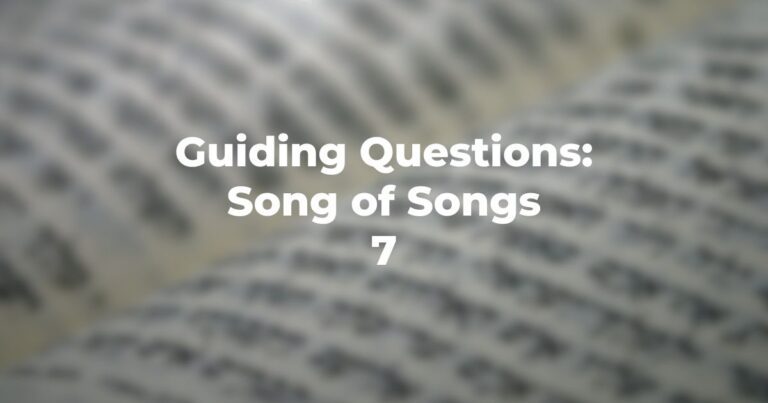- What is the translation of “vanahareym” in Deuteronomy 3:6?
- How does Deuteronomy 3:11 refer to the very opening sections of Bereyshit?
- What role do the first to receive their “yerushah” play—advance guard or rear guard? (Deuteronomy 3:18)
- When do the halutzim return to their families?
- Why is Yehoshua instructed at this particular time?
- What does the name “Yehoshua” mean literally, and by implication as well?
- Does Yehoshua respond to Moses? Why? Why not?
- How are the first two words in Deuteronomy 3:24 to be read and understood?
- Does Deuteronomy 3:24 mean that the Kadosh Barukh Hu is the “greatest” or “the only” or both?
- What, specifically, is Moses’ request (Deuteronomy 3:25)?
- Is Divinity “punishing” Moses for the mis-step at Mey Merivah (the waters of dispute) and/or elsewhere—or is Moses “included” in the “anger” directed at all B’nai Yisrael?
- Is Moses’ request granted entirely? In part? Rejected entirely?
- Where is Rosh Hapisgah?
- Who selects the successor to Moses?
- Who is to instruct Moses’ successor?
- Is the instruction only technical—i.e. what to do? Or is it more (i.e. to encourage and give “emotional set”)? (Deuteronomy 3:28)
- Does Moses continue the dialogue?
- Does Moses express disappointment?
- Does TorahRefers to the first five books of the Hebrew Bible, the Tanakh, also called the Five Books of Moses, Pentateuch or the Hebrew equivalent, Humash. This is also called the Written Torah. The term may also refer to teachings that expound on Jewish tradition. Read more indicate where/how this dialogue between Moses/Divinity took place?
- While it is quite proper to think of yourself as the Reubenites (and those associated with them) did, can you think of yourself only, aside from the needs of the overall community?
- Does this narrative indicate that the warrior will fight best when he knows that his personal “base” (his family) is secure and, as well, his property too?
- Would it appear that the boundaries of B’nai Yisrael’s land are “flexible,” based upon the varying descriptions of the boundaries?
- In order to avoid “contradicting” Divinity, does Moses request that he lead the people into the land, or “dwell” in the land, or only cross over and experience?
- Is a specific decision of Divinity revocable or is change possible only before an announced precise pronouncement?
- Does text teach that even the greatest of men is not exempt from major disappointment; is anyone’s life lived entirely in accordance with one’s wishes?
- In this portion, does Moses evidence any self-pity, any crying or bemoaning the mandate or, rather, does he argue?
- Irrespective of anguish, does the leader still have the responsibility to assure that the people will be led and to instruct his successor fully—emotional set to the contrary notwithstanding?
Author
-

Exploring Judaism is the digital home for Conservative/Masorti Judaism, embracing the beauty and complexity of Judaism, and our personal search for meaning, learning, and connecting. Our goal is to create content based on three core framing: Meaning-Making (Why?), Practical Living (How?), and Explainers (What?).
View all posts




